Limit cold foods and drinks, turn on the air conditioner to 26-28 degrees Celsius, wipe sweat, do not let children bathe immediately after being in the sun... to prevent sore throat, runny nose, stuffy nose.
It is not only the dry, cold weather in winter that causes ear, nose and throat problems. Summer is also the time when children are susceptible to coughs, sore throats, runny noses and stuffy noses due to improper eating and living habits.
Master, Doctor, CKII Tran Thi Thuy Hang (Head of the Department of Otorhinolaryngology, Tam Anh General Hospital, Ho Chi Minh City) said that during the past two months of peak heat, the hospital received many cases of children with common nose and throat diseases leading to fever, loss of appetite, and weight loss. Many children had to stay home from school, affecting their year-end exam results. Among them, children from 0-10 years old came to the clinic the most. The main reason was due to parents' improper eating, living and child care habits.
Huynh Ngoc Mai (10 years old, District 12) had a cough that lasted for two weeks with a high fever. She was diagnosed with acute pharyngitis caused by irritation from cold factors causing inflammation. Her mother said that because of the hot weather, she often drank cold water and liked to suck on ice.
Ms. Quynh Huong (District 8) brought her two sons to the clinic. Tri Tam, 7 years old, had a cough, stuffy nose, and fever for a week due to acute adenoiditis and tonsillitis. Tri Nguyen, 4 years old, had rhinitis, green nasal discharge, and poor appetite and sleep. "It was too hot so I turned on the air conditioner to 20 degrees Celsius, and when it was cold I covered him with a blanket. There was a day when he kicked and threw the blanket off without realizing it," Ms. Huong shared.
According to Dr. Hang, the immune system of children under 10 years old is not yet complete and is susceptible to illness in harsh weather. If they are not properly cared for and instructed on eating and living in the summer, children will find it difficult to avoid nose, throat and respiratory diseases. To prevent illness in children, parents should note the following.
Supplement cooling foods
Hot weather, the body sweats a lot, making children lose water, so they crave water and cold food and drinks. Supplementing with cool foods such as fruit juice, green vegetable soup, black bean and green bean teas, ginseng tea, ginseng water, coconut water... is very good for cooling the body. Cold ice should be limited, especially the habit of sucking on ice. The mucous membrane of the mouth and throat of children is very thin, so it is easy to get frostbite, irritation leading to inflammation if exposed to ice regularly.
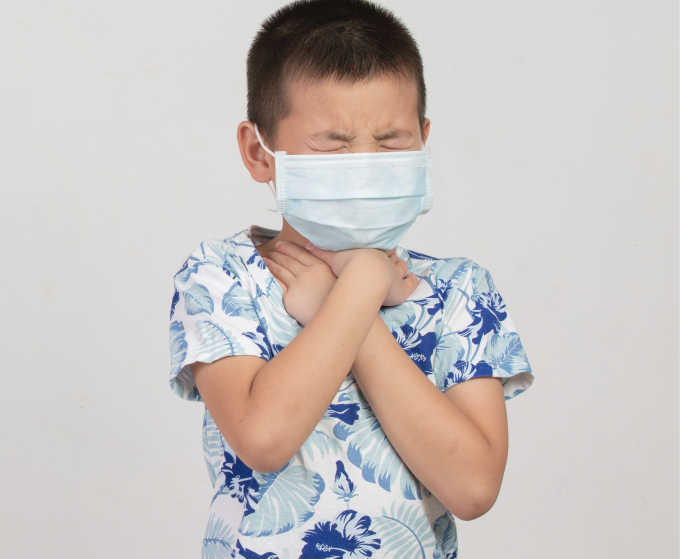
Children are susceptible to sore throats and runny noses in the summer due to the weather and improper living conditions. Photo: Freepik
Suitable air conditioning temperature
Sleeping in air conditioning can easily cause children to get respiratory diseases. Temperatures that are too cold are harmful to the nose and sinuses. Due to the hot weather, many families often set the bedroom temperature at 18-20 degrees Celsius. However, this temperature can easily cause children's bodies to lose water, leading to dry skin, dry mouth, throat, eyes, sinuses, and difficulty avoiding nasal congestion, runny nose, and sore throat.
The most suitable air-conditioning temperature for children's bedrooms is 26-28 degrees Celsius. When sleeping with air conditioning, parents should let their children wear long-sleeved pajamas that cover the chest area, made of breathable cotton or elastic material. Children should not wear short-sleeved clothes that expose the back and chest because they can easily catch a cold. Children should also drink water more often in the summer, especially in cold environments all day to avoid dehydration.
The bedroom needs to be kept clean and airy. Every morning, parents should turn off the air conditioner, open the door to let in sunlight and fresh air, release toxic gases, and prevent mold. Children should not be allowed to live in air-conditioned conditions 24/7. Using a humidifier is also useful in air-conditioned rooms to limit dry skin and dry sinuses for children.
Wipe sweat for children
Children sweat a lot for many reasons. During the day, it is often due to hot weather and children being very active. Children who sweat a lot at night may be due to calcium deficiency. Excessive sweating, wetting clothes makes children susceptible to colds leading to respiratory infections.
Parents should dress their children in cool materials such as cotton, which absorb sweat easily. If the child sweats a lot during the day, bathe the child twice a day and change the child's clothes when they sweat. At night, parents should often touch the child's back and head. If the child sweats, use a towel to wipe and change the child's clothes. In case the child sweats a lot at night due to calcium deficiency, calcium supplements are needed.
Parents should not let their children bathe immediately after running around or coming back from the sun. Children should not enter an air-conditioned room right after bathing, still wet and without clothes. Children should not be taken from an air-conditioned room to the hot sun immediately. Sudden changes in temperature can easily lead to heat shock. The body cannot adapt in time and is susceptible to illness.
Nguyen Phuong
Source link













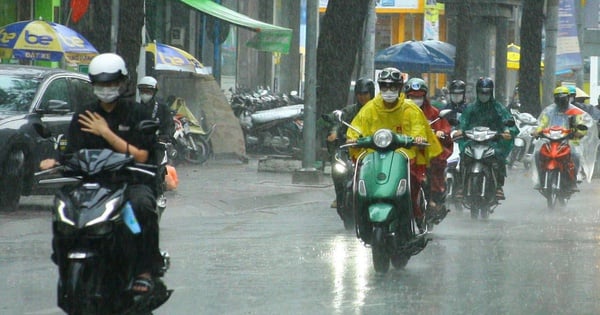

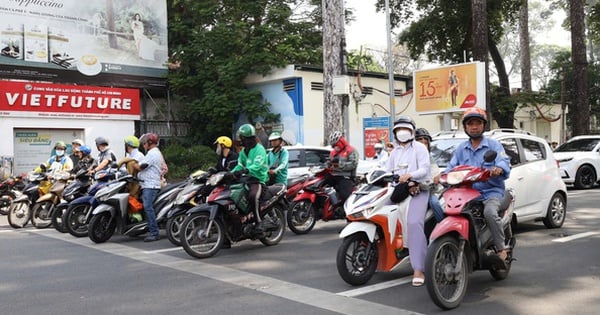
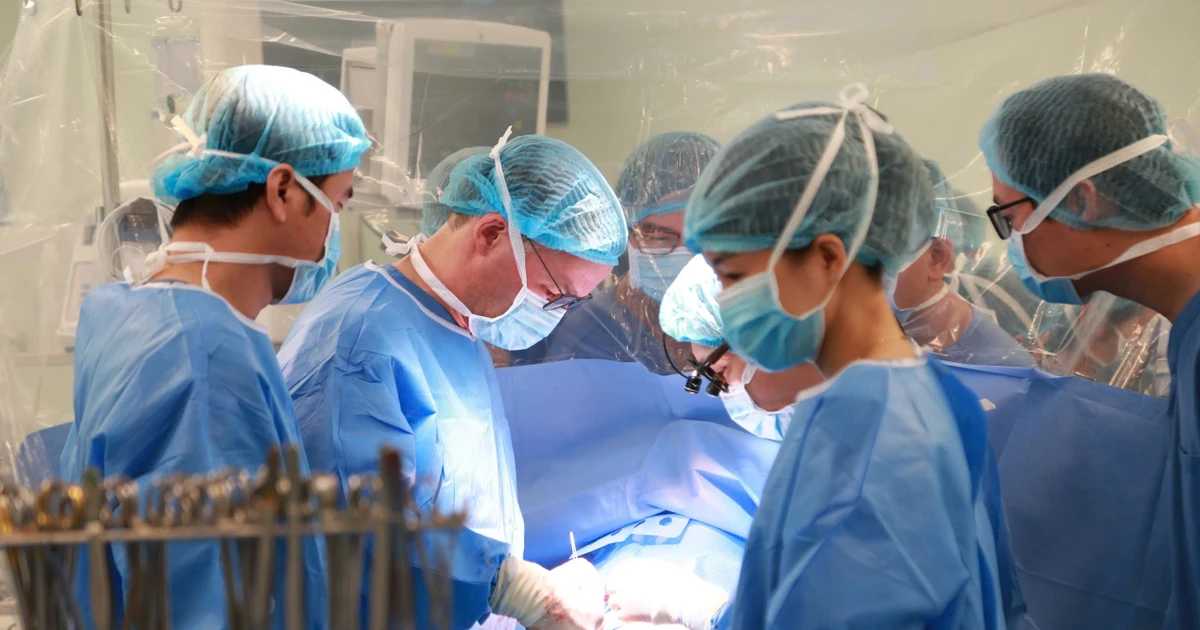
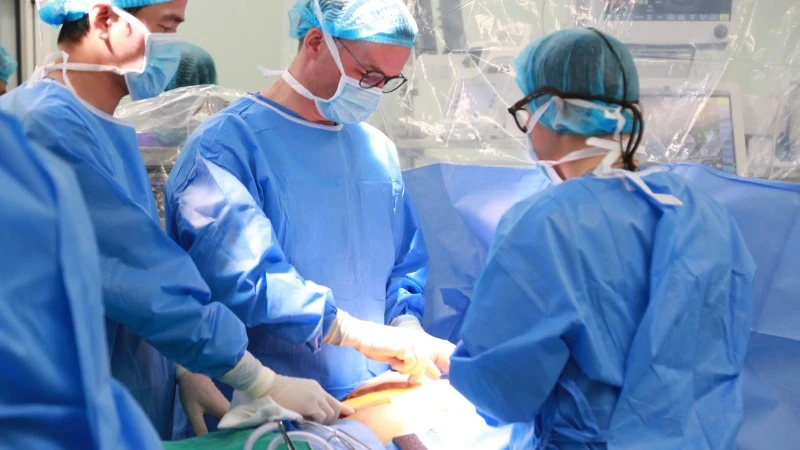
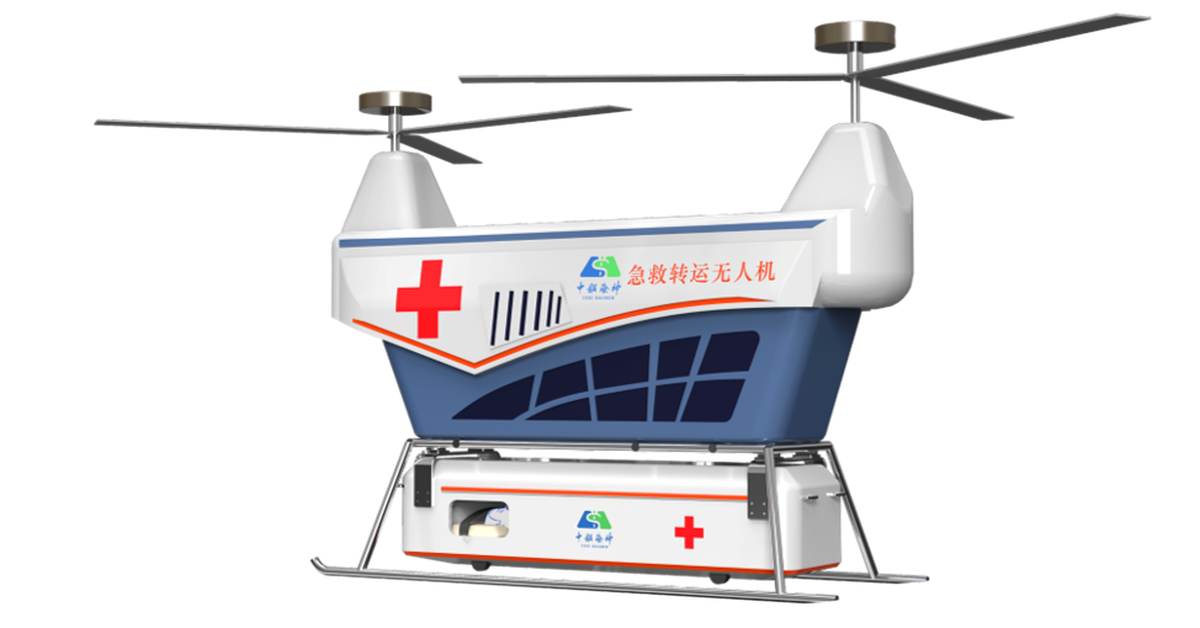
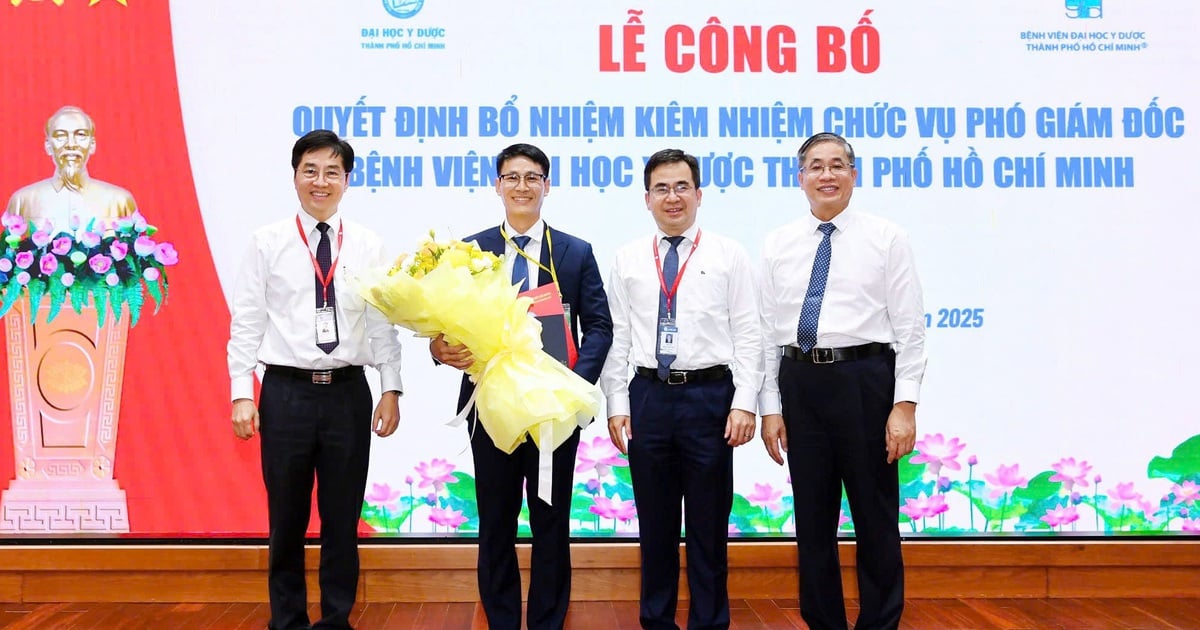

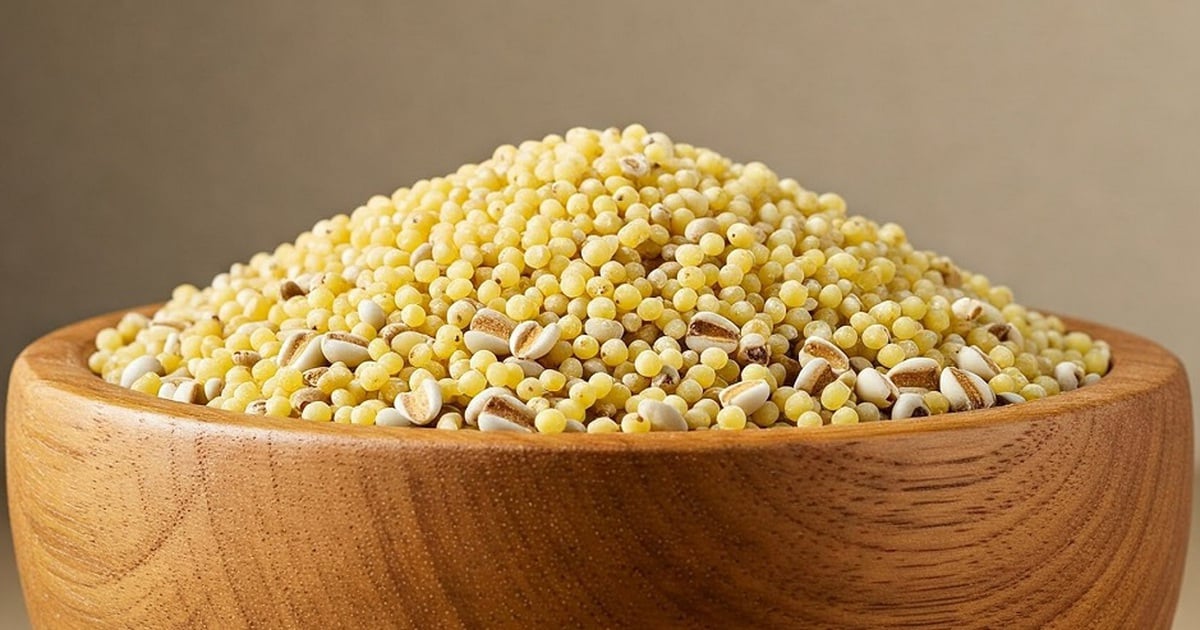









![[Photo] "Beauties" participate in the parade rehearsal at Bien Hoa airport](https://vstatic.vietnam.vn/vietnam/resource/IMAGE/2025/4/11/155502af3384431e918de0e2e585d13a)











































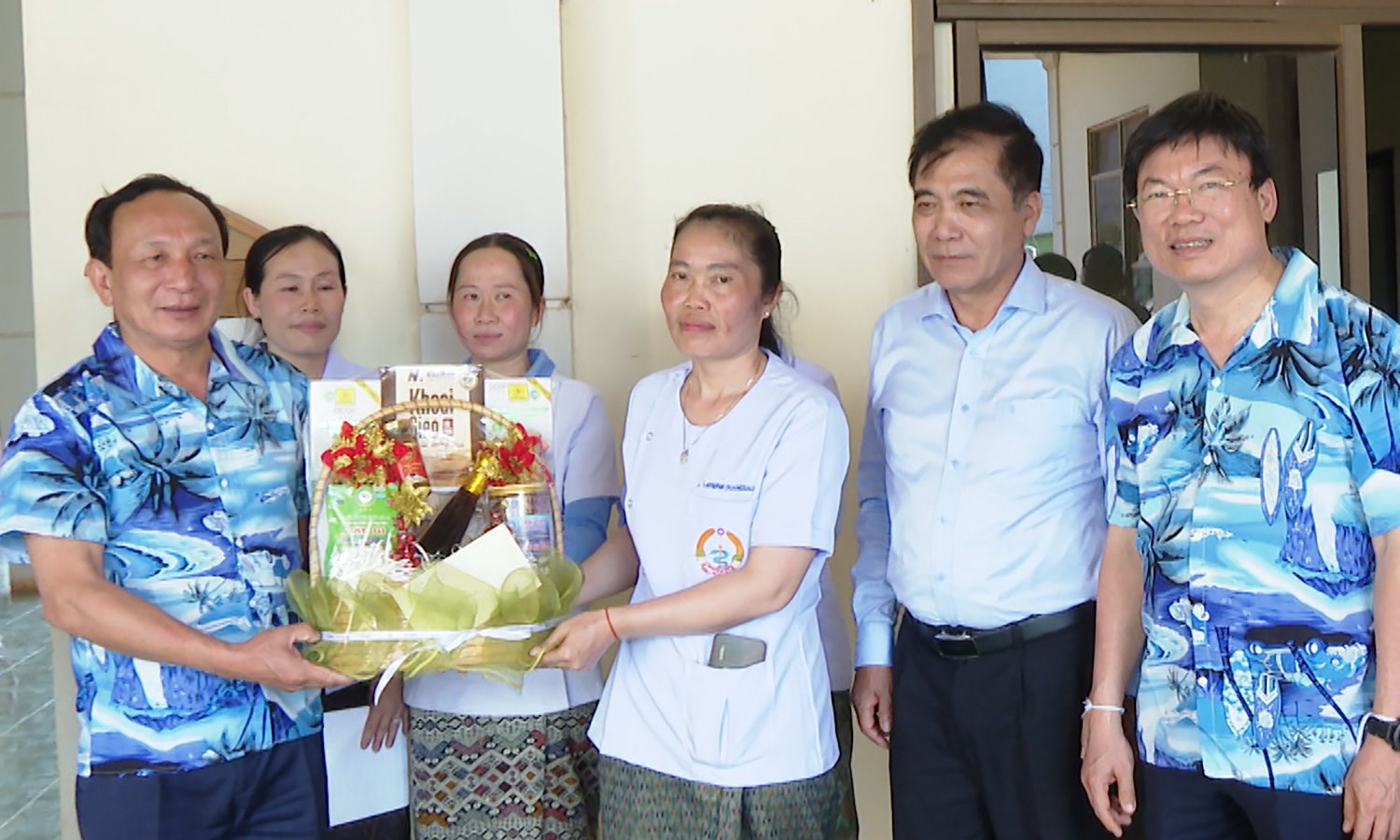
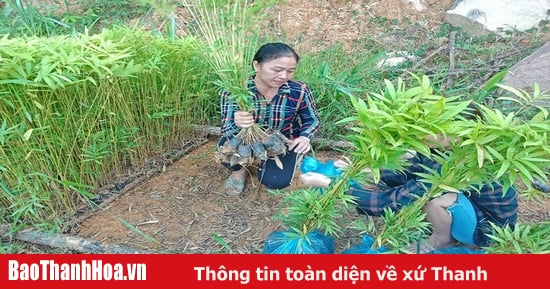





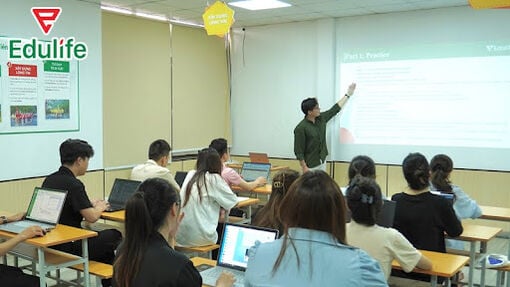

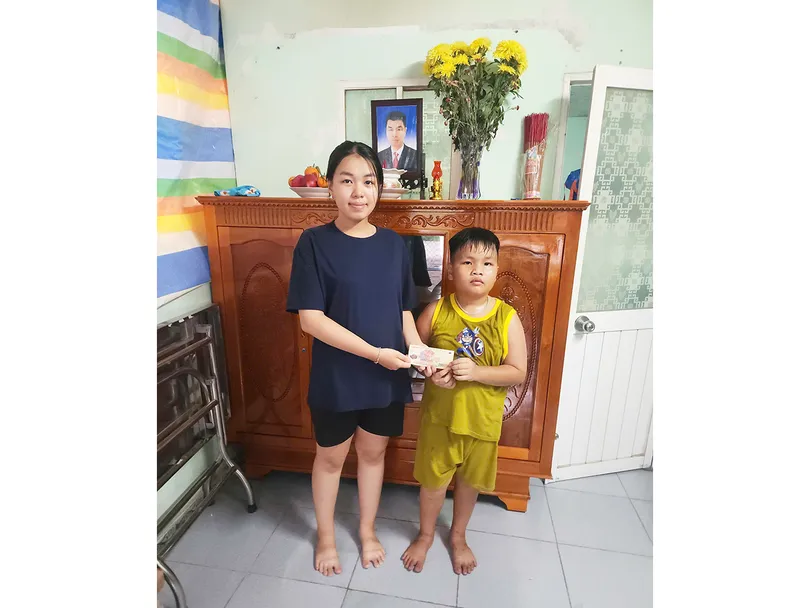










Comment (0)